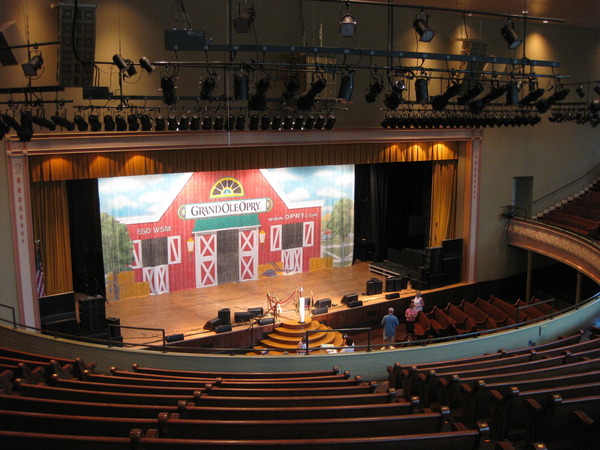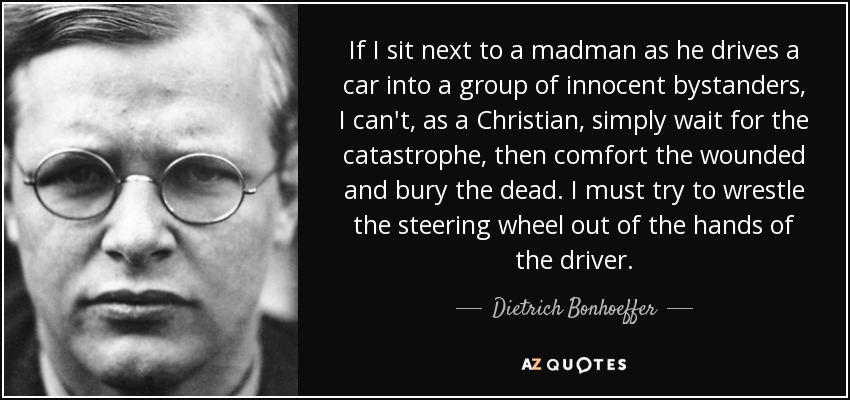 Growing Up American: An Opry Saturday Night
Growing Up American: An Opry Saturday Night
By Susan D. Harris
I brought the radio to the hospital bedside of my elderly mother. It was Saturday night; the night our local classical music station switches over to old country music. The tunes came pouring out, and included vintage recordings from the 1920’s through the 1970’s. I was flooded with memories of my own childhood.
There was a time in America when Saturday night meant only one thing — the Grand Ole Opry. The nation’s oldest continuous radio show was what made the grass grow and the mare go — as Jerry Clower might have said.
I don’t know what anyone else in the house was doing, but my mother used to steal away, snuggle in bed with her radio, and turn on the Opry. A little tyke that stuck close to Mommy, I was right there listening with her. We’d cut out the rest of the world by turning out all the lights, and all you could see (with your radio eyes), was the huge opry stage and the acts that paraded across…some telling jokes and stories, others belting out songs that would either make you sad or set your toes to tapping. All the usual suspects were there…Roy Acuff and the Smoky Mountain Boys, Little Jimmie Dickens, Minnie Pearl, George Jones, Johnny Cash (the man in black) and a host of other names that we all took for granted as they left their huge footprints in history.
America was a cohesive society then, and part of the glue that held it together was a love of the same music. When I was young, for instance, just about anyone you talked to knew the name of the number one song in the country. Old or young, black or white, they would inevitably hear it on Dick Clark’s “American Bandstand,” or later on Casey Kasem’s, “American Top 40.” If they missed those or didn’t care, the local DJ was bound to tell them anyway, whenever they turned the radio on.
Black and white acts vied for and won the coveted “No. 1” position on radio. On TV, some blacks preferred watching Soul Train, while whites were more likely to watch American Bandstand (“Dick Clark helmed the longest running broadcast program aimed at mainstream youth to air on American network broadcast television”); the music often overlapped and no one thought too much about it beyond that. The Midnight Special showcased everyone from the Bee Gees to Jim Croce; from Aretha Franklin to Dobie Gray.
Indisputably however, it was country music that was the original life-giving force behind America’s musical airwaves. And as it matured, it endured. No matter what genre the No. 1 pop song was, everyone was still keeping tabs on the pulsating heart of Nashville. New stars and a seemingly unprecedented pool of talent breathed fresh life into country music after the heyday of artists like the Carter Family, Hank Williams and Patsy Cline had passed.
Along came the Statler Brothers, Dolly Parton, George Jones (The Possum) and Tammy Wynette, Waylon Jennings and Willie Nelson, the Okie from Muskogee (Merle Haggard), Loretta Lynn and Conway Twitty, a little firecracker named Tanya Tucker…and so many more. Glenn Campbell was a cross-over artist, making history as he won four Grammy’s in 1967 in both Popular and Country and Western categories. He even had his own TV show for a few years.
The excitement kept coming with record smashing groups like The Oak Ridge Boys, and Alabama. The Statler Brothers usually left my parents dabbing their eyes, while The Oak Ridge Boys got the whole family clapping and singing along. I remember when we brought the record player out to our screened in back porch and cranked hits like Alabama’s “Mountain Music.” I ran barefoot onto the fresh-cut grass, whooping and hollering with joy. The evening ended with me lying on the cool ground with a piece of straw between my teeth listening to Charley Pride sing “Roll on Mississippi.” To this day I’ve never seen that river, but that doesn’t stop me from having fond memories of it.
Then there were the country stars that history seemed to hiccup and forget. To name just a few, there was superstar Barbara Mandrell who had a series of top 10 hits and successful TV shows; but after her career was abruptly interrupted by a devastating car accident, she was slowly forgotten in the public conscience.
Marty Robbins — the seasoned Nashville star whose highest chartered album came in 1959 with “Gunfighter Ballads and Trail Songs,” and included the infamous hit “El Paso” — was still flying high in the early ‘80’s with top 10 hits “Some Memories Just Won’t Die” and “Honkeytonk Man.” My family was among his biggest fans, and we were planning a trip to Nashville just to see him when died of a massive heart attack and unsuccessful surgery in December, 1982. Robbins had a huge fan base that spanned generations — but he seems largely forgotten today.
Conway Twitty had 50 No. 1 singles, but after his sudden death in 1993 at the young age of 59, I almost never heard him on the radio again.
Another country music talent explosion happened in the late 80’s and early 90’s when singers like Garth Brooks, Dwight Yoakum, Mary Chapin Carpenter, Reba McEntire, Vince Gill, Randy Travis and Brooks and Dunn reigned supreme. While some of these can still be heard on “oldies night,” others seem to have fallen into radio obscurity altogether. And oldies night never, ever goes back as far as Roy Acuff, Marty Robbins or Loretta Lynn. One would have to agree with Ronny Robbins, Marty’s son, who’s been quoted as saying, “Nowadays history only goes as far back as Garth (Brooks) fifth album…That’s as far as anyone looks anymore.”
My mother recuperated and came home; and we occasionally still listen to “old” or “classic” country music on Saturday nights — because there’s nothing of today’s country that doesn’t (to us) sound like pop, rock or hip-hop; or at the very least just nasally sounding, lame attempts to recreate sounds that were perfected years ago.
It’s a sad fact that never before in American history has music been so confounded and scattered like languages were in the biblical story of the Tower of Babel. Years ago my mother quipped, “If I’m ever dying, play Roy’s “Wabash Cannon Ball” for me.” Sadly, because the music industry accelerated so fast, splintering into dozens of genres and perhaps hundreds of subgenres; there are fewer and fewer people left who would even know what she was talking about.
“Growing Up American” is part of an article series dedicated to preserving the totally unique American experience. For other installments by the author please visit https://susandharris.com/growing-up-american/
Originally published in American Thinker at:
http://www.americanthinker.com/articles/2017/09/the_musical_glue_of_america.html


